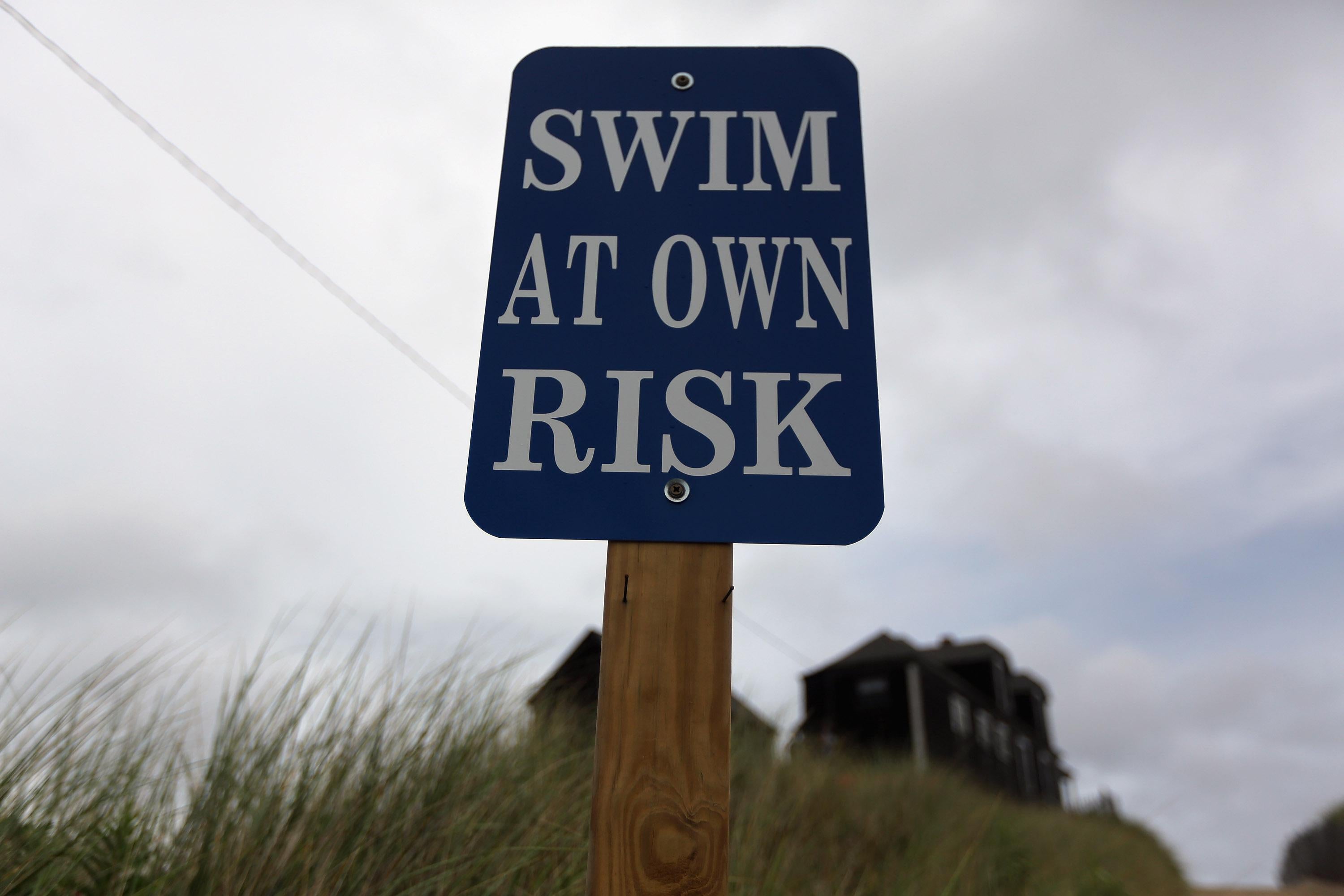Back in December, Brow Beat ran a New Scientist story by Christopher Neff called “Stop Calling Them Shark Attacks.” It’s misleading to call shark attacks “attacks,” Neff argued, because, despite what you might have seen in the movies, shark-on-human encounters are rarely the product of predation. “Modern research has shown,” Neff wrote, “that bites by sharks are often investigatory or defensive, taking place in cloudy water and out of curiosity.” By labeling these—well, let’s call them, shark “incidents”—attacks we make an already threatened species look like a bunch of man-hungry monsters.
This piece was already on our minds—Discovery Channel’s Shark Week, as you may have heard, is going on this week—when we came across an essay in the summer issue of Reclaim, a magazine for members of the New York City-based advocacy organization Transportation Alternatives. The piece, written by Aaron Naparstek, argues that many car accidents shouldn’t be called “accidents”—they should be called “manslaughter,” or, sometimes, “murder.”
Naparstek is a visiting scholar in the department of urban studies and planning at MIT. Many car-on-people encounters, he writes, are the result of negligent drivers crashing their cars into other cars and people. Yet these car incidents, in which a driver is clearly at fault, are often reported as accidents.
Naparstek cites a 2006 New York Times news brief about five people who were mowed down by an SUV in Long Island. “The driver,” wrote the Times, “fled the scene of the accident.” Naparstek’s take on this reporting: “If, instead of car keys, the man had picked up a gun and shot five people, would the press and police have called that an ‘accident’ too?”
Naparstek further notes that, in New York City, car-on-pedestrian and car-on-bike collisions are investigated by something called the Accident Investigation Squad. “Death by motor vehicle,” Naparstek writes, “is an ‘accident’ before the investigators even get to what may very well be the scene of a crime.” He may be right. As Gothamist reported in February, last year cars killed 241 pedestrians or cyclists in New York City and only 17 drivers were charged criminally. Words shape public perception and public perception can shape policy.
Will the language we use to describe these things ever change? It would take a real groundswell of support for the arguments made by Neff and Naparstek, which seems improbable. About a month ago, the media was filled with headlines trumpeting Great White “attacks” off the coast of Western Australia. When a 24-year-old surfer was killed in July—the fifth fatal shark incident in ten months—many called for a cull of the protected creatures. But were the sharks really responsible? As John G. West, the curator of the Australian Shark Attack File, told the BBC, the attacks coincided with “an increasing human population, more people visiting beaches, and a rise in the popularity of water sports.” What’s more, five shark-related deaths in one year is hardly an overwhelming figure. As West noted, about 87 Australians drown each year while simply swimming in the ocean.
